Crypt000 ransomware
Tips To Remove Crypt000 ransomware from Chrome
Various dll files infected due to Crypt000 ransomware msrd2x40.dll 4.0.7328.0, thawbrkr.dll 6.0.6000.16386, EncDec.dll 6.6.6001.18322, dwintl.dll 4.0.0.950, SLCommDlg.dll 6.0.6002.18005, ISymWrapper.dll 2.0.50727.1434, NlsLexicons001d.dll 6.0.6000.16386, mscorjit.dll 1.0.3705.6073, itss.dll 5.1.2600.5512, msfeedsbs.dll 8.0.7600.16490, prntvpt.dll 6.1.7600.16385, wshirda.dll 6.1.7601.17514Safely Uninstall Crypt000 ransomware From Infected OS
Crypt000 ransomware is a harmful program which is reported to infect number of OS. Like other OS infection, it also intrude silently in its targeted OS. It is difficult to detect its existence because the threat run all its malicious process in the background of OS. The first thing this threat do after invasion is to modify OS settings. Through this way it get the persistence to execute its malicious services freely. Most of the user don't know how this threat come in their OS because it comes via tricky ways like bundled with software, spam email, infected site etc. This nasty program not let you do any activity properly even you can't surf Internet properly. In addition, it is also reported for bringing other malware which badly damage the OS. Presence of this threat also put your privacy on risk. So if you don't want to suffer these issue then Uninstall Crypt000 ransomware now.
Method 1 : Start Your OS In Safe Mode With Networking
Method 2 : Deleting Crypt000 ransomware From Control Panel
Method 3 : Deleting Crypt000 ransomware From Registry Editor
Method 4 : Block Related Process To Crypt000 ransomware From Task Manager
Method 5 : Deleting Crypt000 ransomware From Firefox
Method 1 : Start Your OS In Safe Mode With Networking
For Windows XP/Vista/7
- Open the 'Start' menu > click on 'Restart' option.
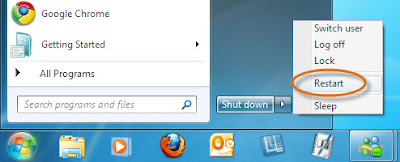
- Continue pressing 'F8' button when the OS start booting.
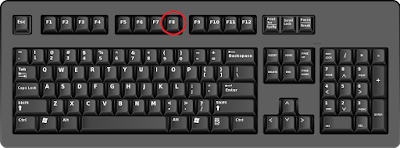
- It will open 'Advance boot menu' on the screen.
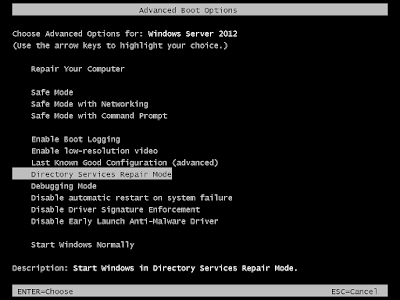
- Now choose 'Safe Mode With Networking' > press Enter.
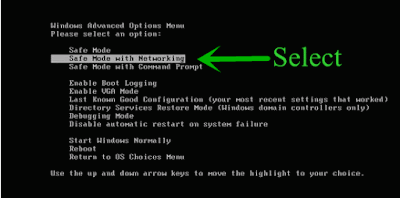
For Windows 8/10
- Go to 'Start' menu and click on 'Restart' button by holding shift button.
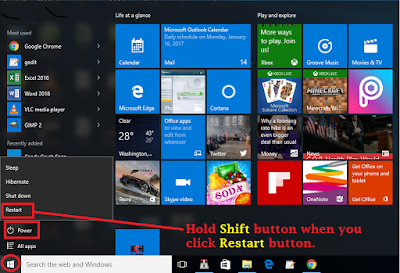
- From the opened window, Select 'Troubleshoot' option.
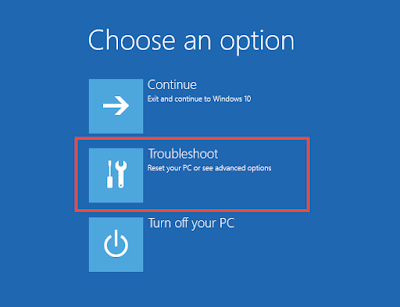
- After that click on 'Advanced' Options.
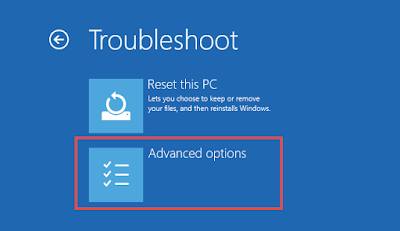
- Then Select the 'Start-up Settings' option.
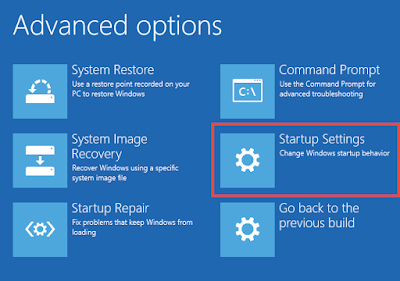
- Choose 'Enable Safe Mode option' then click on Restart.
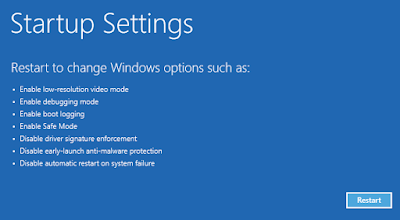
- Finally select 'Safe Mode With Networking'.
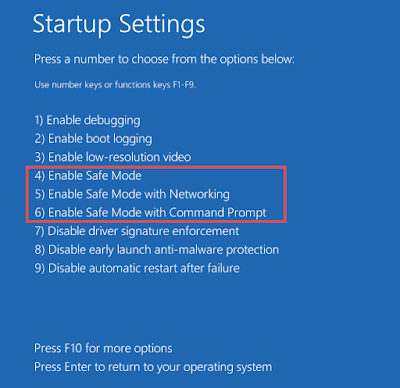
Method 2 : Deleting Crypt000 ransomware From Control Panel
Uninstall Crypt000 ransomware From Windows XP
- From the start menu, click on 'control panel'.
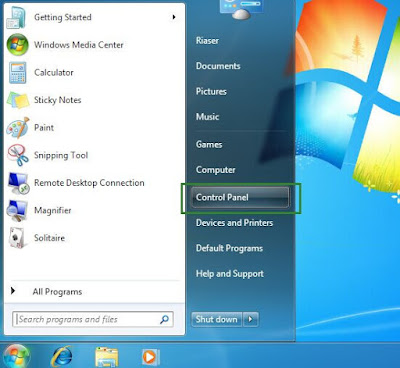
- Then go to Add or Remove programs option.
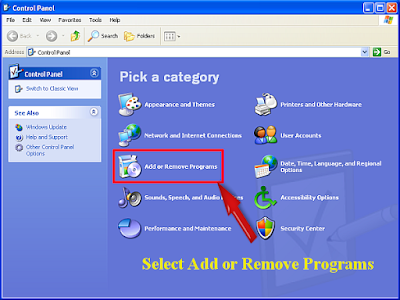
- Find out and Uninstall Crypt000 ransomware related program from OS.
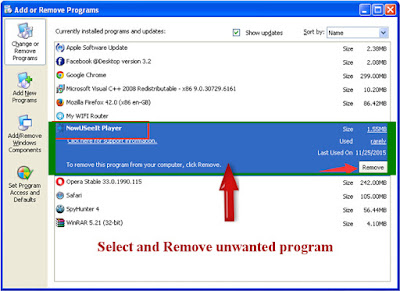
Uninstall Crypt000 ransomware From Windows 7
- First of all, press the 'Windows' button.
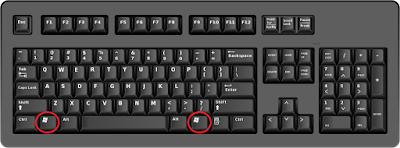
- Then select Control Panel from start menu.
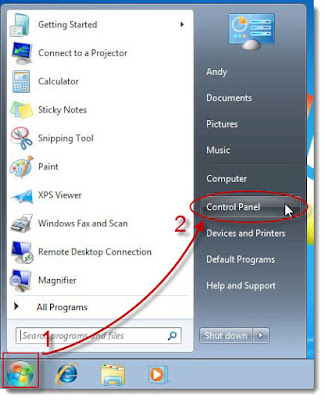
- From the program menu, select remove a programs option.
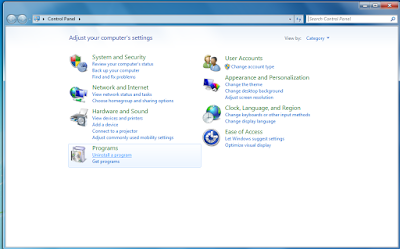
- Then select Crypt000 ransomware related program and remove them.
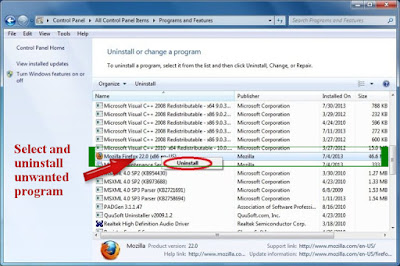
Uninstall Crypt000 ransomware From Windows 8
- Open the Run Box by pressing Win+R key together.
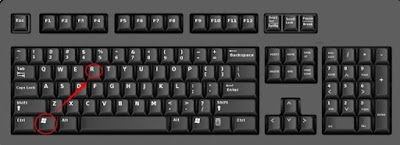
- In the Run box type 'control panel' and press Enter.
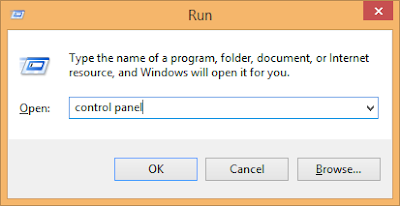
- Then Click on the uninstall a program option.

- Right-click on Crypt000 ransomware related, click on remove option.

Uninstall Crypt000 ransomware From Windows 10
- From the start menu select the Settings option.
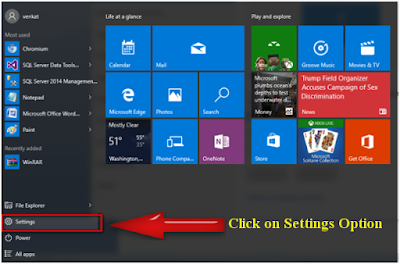
- Then you have to select system option.
- Then click on the Apps and Features option.
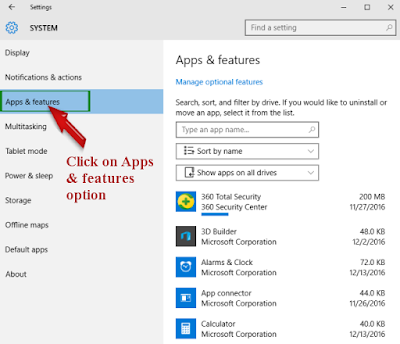
- Search for Crypt000 ransomware related program and Uninstall them.
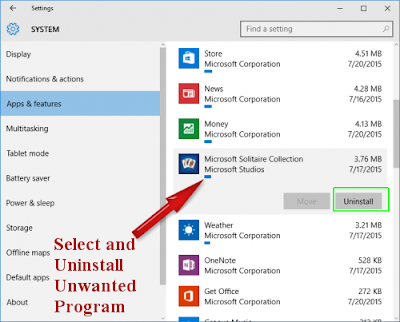
Method 3 : Deleting Crypt000 ransomware From Registry Editor
- You have to press Win + R keys together to open Run window.
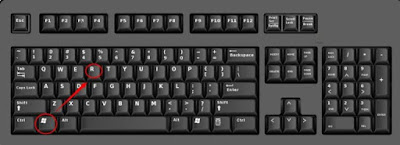
- After that type 'regedit' in the box and click on OK.
- Find out Crypt000 ransomware related registry and Uninstall them.
HKEY_LOCAL_MACHINESYSTEMCurrentControlSetServicesWpm
HKEY_CURRENT_USERSoftwareMicrosoftInternet ExplorerMain 'Default_Page_URL'
HKEY_LOCAL_Machine\Software\Classes\Crypt000 ransomware
HKEY_CURRENT_USER\Software\Microsoft\Windows\CurrentVersion\Run '.exe'
HKCU\Software\Microsoft\Windows\CurrentVersion\Internet Settings\random
HKEY_LOCAL_MACHINE\SOFTWARE\Microsoft\Windows\CurrentVersion\run\random
HKEY_CURRENT_USER\Software\Microsoft\Windows\CurrentVersion\Internet Settings 'CertificateRevocation' = ’0



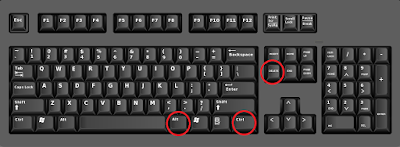
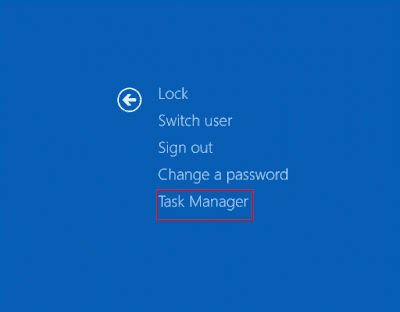
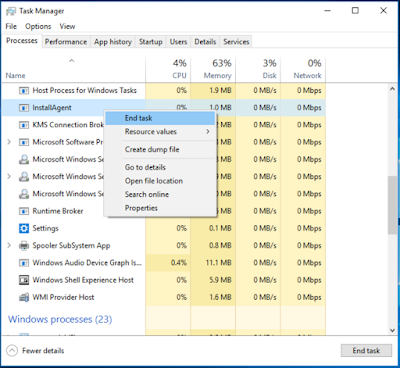


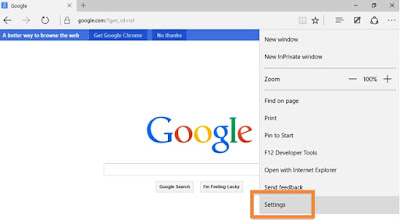
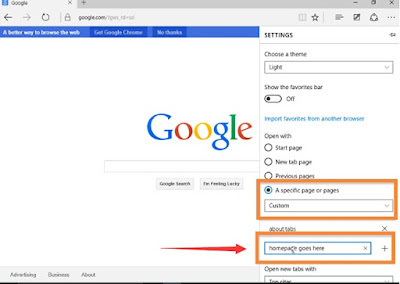
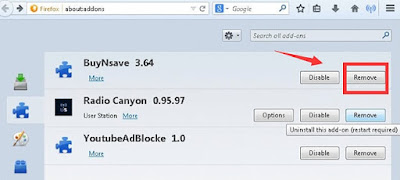
No comments:
Post a Comment